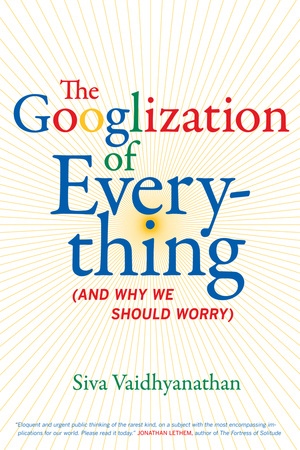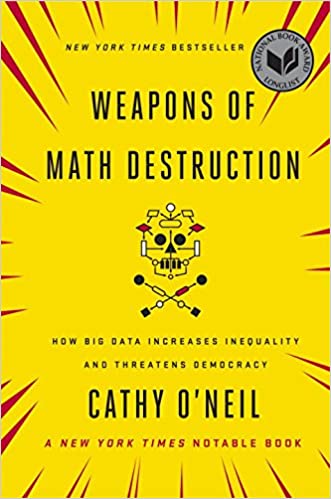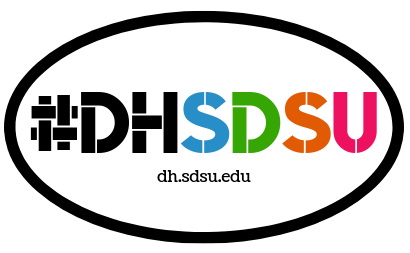Algorithms structure computational culture, and many students don’t know what algorithms are or why they matter. Consider teaching students to think about algorithms and, then, to think critically about them. Here are some ways to go about that instruction:
Lessons
- Simple algorithm lesson for humanists: what is an algorithm via the example of making a pot of tea (by Aristides S. Bouras)
- “I Love Algorithms” card deck, by Stanford University (shared by Pam Lach): “If you understand what machine learning algorithms can do, you can better envision the implications of your designs. You can influence conversations about data and bias.”
Readings

In Algorithms of Oppression, Safiya Umoja Noble challenges the idea that search engines like Google offer an equal playing field for all forms of ideas, identities, and activities. Data discrimination is a real social problem; Noble argues that the combination of private interests in promoting certain sites, along with the monopoly status of a relatively small number of Internet search engines, leads to a biased set of search algorithms that privilege whiteness and discriminate against people of color, specifically women of color.

In this provocative book, Siva Vaidhyanathan examines the ways we have used and embraced Google—and the growing resistance to its expansion across the globe. He exposes the dark side of our Google fantasies, raising red flags about issues of intellectual property and the much-touted Google Book Search.

We live in the age of the algorithm. Increasingly, the decisions that affect our lives—where we go to school, whether we get a car loan, how much we pay for health insurance—are being made not by humans, but by mathematical models. In theory, this should lead to greater fairness: Everyone is judged according to the same rules, and bias is eliminated. But as Cathy O’Neil reveals in this urgent and necessary book, the opposite is true. The models being used today are opaque, unregulated, and uncontestable, even when they’re wrong. Most troubling, they reinforce discrimination. Tracing the arc of a person’s life, O’Neil exposes the black box models that shape our future, both as individuals and as a society.
Faculty point of contact:
- Pam Lach (Digital Humanities Librarian). plach@sdsu.edu
